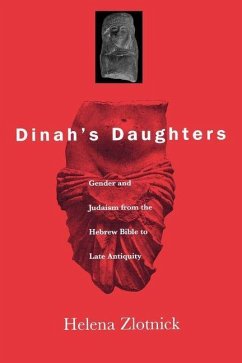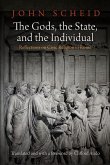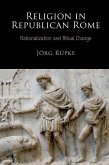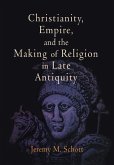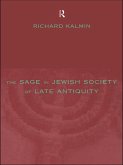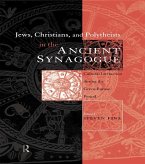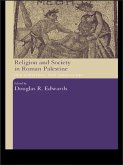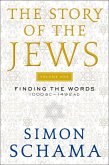The status of women in the ancient Judaism of the Hebrew Bible and Rabbinic texts has long been a contested issue. What does being a Jewess entail in antiquity? Men in ancient Jewish culture are defined primarily by what duties they are expected to perform, the course of action that they take. The Jewess, in contrast, is bound by stricture.
Writing on the formation and transformation of the ideology of female Jewishness in the ancient world, Zlotnick places her treatment in a broad, comparative, Mediterranean context, bringing in parallels from Greek and Roman sources. Drawing on episodes from the Hebrew Bible and on Midrashic, Mishnaic, and Talmudic texts, she pays particular attention to the ways in which they attempt to determine the boundaries of communal affiliation through real and perceived differences between Israelites, or Jews, on one hand and non-Israelites, or Gentiles, on the other.
Women are often associated in the sources with the forbidden, and foreign women are endowed with a curious freedom of action and choice that is hardly ever shared by their Jewish counterparts. Delilah, for instance, is one of the most autonomous women in the Bible, appearing without patronymic or family ties. She also brings disaster. Dinah, the Jewess, by contrast, becomes an agent of self-destruction when she goes out to mingle with gentile female friends. In ancient Judaism the lessons of such tales were applied as rules to sustain membership in the family, the clan, and the community.
While Zlotnick's central project is to untangle the challenges of sex, gender, and the formation of national identity in antiquity, her book is also a remarkable study of intertextual relations within the Jewish literary tradition.
Writing on the formation and transformation of the ideology of female Jewishness in the ancient world, Zlotnick places her treatment in a broad, comparative, Mediterranean context, bringing in parallels from Greek and Roman sources. Drawing on episodes from the Hebrew Bible and on Midrashic, Mishnaic, and Talmudic texts, she pays particular attention to the ways in which they attempt to determine the boundaries of communal affiliation through real and perceived differences between Israelites, or Jews, on one hand and non-Israelites, or Gentiles, on the other.
Women are often associated in the sources with the forbidden, and foreign women are endowed with a curious freedom of action and choice that is hardly ever shared by their Jewish counterparts. Delilah, for instance, is one of the most autonomous women in the Bible, appearing without patronymic or family ties. She also brings disaster. Dinah, the Jewess, by contrast, becomes an agent of self-destruction when she goes out to mingle with gentile female friends. In ancient Judaism the lessons of such tales were applied as rules to sustain membership in the family, the clan, and the community.
While Zlotnick's central project is to untangle the challenges of sex, gender, and the formation of national identity in antiquity, her book is also a remarkable study of intertextual relations within the Jewish literary tradition.
Dieser Download kann aus rechtlichen Gründen nur mit Rechnungsadresse in A, D ausgeliefert werden.

